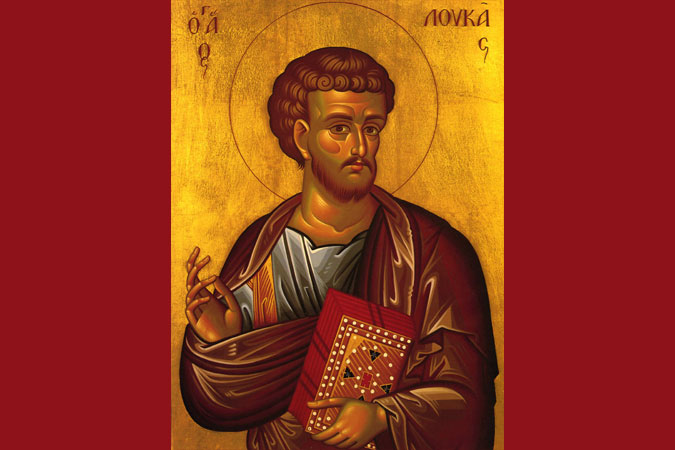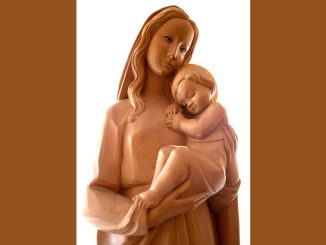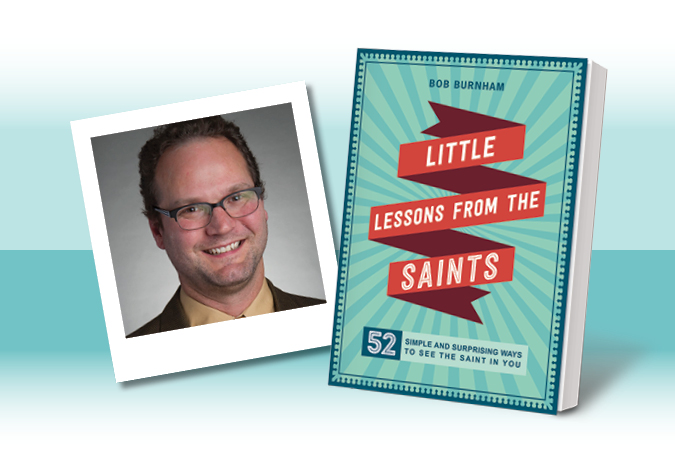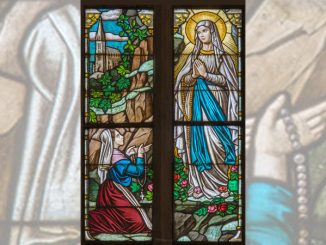
St. Luke the Evangelist left us great treasures by writing the Gospel and the Acts of the Apostles. We as Christians have learned so much about Jesus and the faith of the Church from his writings. Luke was a master at sharing the Gospel, and catechists can learn from both what he wrote and how he wrote it.
Know Your Audience
Luke wrote his Gospel for believers who came from a Gentile background rather than a Jewish background. Therefore, he takes the time to explain Hebrew terms and Jewish practices. He also focuses on Jesus as the Savior of all people, not just the Jews.
Similarly, we as catechists should teach to the specific culture of our students. Pay attention to the trending cartoons, movies, toys, and vocabulary, and use them to illustrate your lessons. Tie in current events particular to your community so that you can equip children to be disciples in those situations. If you feel out of touch with the culture of your students, ask them to teach you.
Tell a Good Story
I find Luke to be one of the easier Gospels to read because of his narrative writing style, which is more familiar to me. Opening Luke’s Gospel is like opening my favorite novel. His Gospel contains some stories about Jesus’ life that are not present in any other Gospels and are some of the most-loved, such as the birth narrative of Jesus from the perspective of Mary; the parables of the Good Samaritan, the Lost Sheep, and the Prodigal Son; the story of Mary and Martha; and the Road to Emmaus. Luke offers details in these stories that make them come alive.
How can we make the stories of Jesus come alive for our children? Children often never hear the whole story or understand how the stories connect into one larger narrative of Salvation. Take time to tell the story of Jesus well. Close the textbooks, encourage children to imagine the scene, the sounds and smells, and what it would have been like to be there. The dramatized Scripture stories in Finding God are perfect for inviting children into the world Jesus lived in as they explore our faith.
Witness to Faith in Action
Luke may not have been an eyewitness of Jesus like the original Twelve Apostles, but he was certainly an eyewitness to the Holy Spirit moving in the early Church. In the Acts of the Apostles, Luke switches into first-person narrating, saying “we” rather than “they,” showing that he was part of the group traveling with Paul that spread the Gospel. Luke not only shares the story of Jesus in his Gospel, he expands upon its action in the Acts of the Apostles, where he shares how the early Church put its faith in Jesus.
We were not eyewitnesses to Jesus’ ministry on earth either, but we are eyewitnesses of the faith of the Church in action today. We need to share with children our faith stories and how the Holy Spirit has moved us. Our stories make faith a real and tangible life to be lived, not just something that happened two thousand years ago that we read about in textbooks.
How can you apply the writings of St. Luke—or those of Sts. Matthew, Mark, and John—to your ministry as a catechist?





Great Lesson…..I will give these valuable thoughts on Luke to my catechists.
Love you for all you do to instruct our catechists.